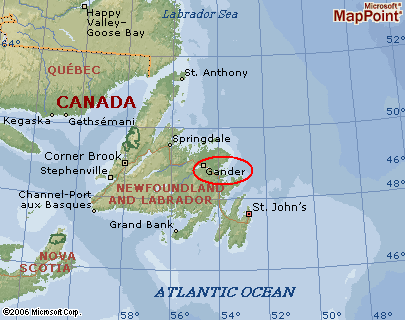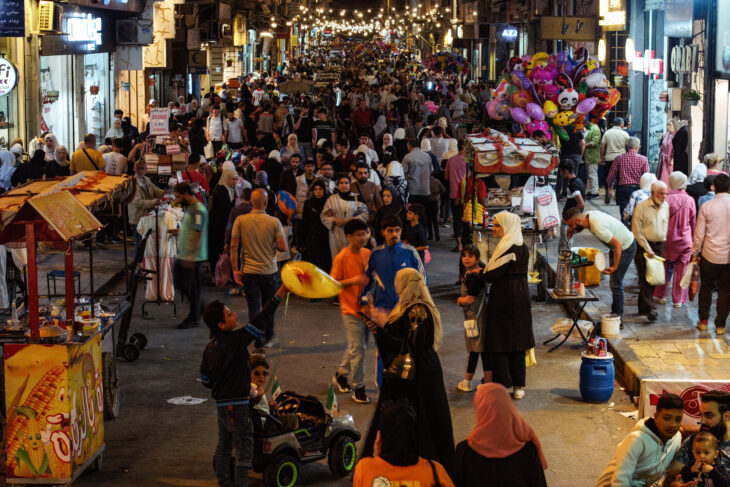
The woman moved the landmark. She made an addition to her house which encroached on my father’s property. A lawyer was contacted and the infraction — no, the contravention of the laws of Jamaica — was addressed. As to what the outcome was, I do not recall. But, it was, most definitely, as mind-boggling as it was upsetting. This was in the parish of Trelawny where my father’s folks are from.
That incident occurred when I was a young man, but I had learned valuable lessons before about the importance of boundaries and the fallout which was likely to occur if they are not respected. Fights with my brother and with other children over the lack of respect for boundaries predated any lessons found in books, or in seminars conducted for the layman on property or civil law.
The word property has been through its fair share of evolution over the centuries — depending on where one happens to be in time and space — with the various mores and folkways contained within the various cultures of the world. Whether they are found on the continents or on the islands of the sea — the respect for boundaries is universal. Many wars have been fought over boundaries.
Several years ago I was deeply disturbed at an account given about neighbours ignoring boundaries. In fact, what made the crime egregious was that the lawbreakers came from a family with a long tradition of law and order. They built houses where they should not have, and constructed a wall that encroached on their neighbour’s land. The violators claimed that the folks next door were troublemakers and posed a threat to their safety. And so, as far as they were concerned, their actions were justified.
The people who were trespassed against appealed to the courts, pointing to laws that established the boundaries between the two properties. As the evidence was in black and white the offenders could not effectively defend themselves in court. In fact, the signatures of the parents of both parties on the document confirmed that an agreement was made for their lands to be divided as they were. But, the aggressors persisted.
What is even more curious was that through their actions, the aggressors vociferously and brazenly sought to de-legitimize the laws and the framework in which they were fashioned — the very things which gave them the title to their piece of land in the first place. They asked for justice against their neighbours — those who they had offended — by asking the court to ratify their outlawry. They were as those who, having been grounded by the force of gravity, felt it was now alright and even rational to dispense with it altogether.
The problem of this disregard for boundaries which began so long ago continues today. The trespassers are just as aggressive, just as intractable, and just as incorrigible as when the feud between the families began. As a young boy, I could have understood the hurt because of such a violation, as I did as a young man and, even now that I am much older. But, what I witnessed in my life pales in comparison to what the Palestinian people have suffered at the hands of the state of Israel. In fact, Israel too has suffered from her very own actions.
Like the woman who moved the landmark on my father’s land on a whim, so continues Israel with her neighbours — on land illegally occupied by her. Numerous United Nations (UN) resolutions and prevailing international opinion hold that Israeli settlements in the West Bank, East Jerusalem, and the Golan Heights are a violation of international law, including UN Security Council resolutions made in 1979, in 1980 and in 2016. But no one needed the courts to spell that out, as every child on this planet knows about respecting boundaries.
On November 3, 2022 Voice Of America published an article which began with the following:
“Former Israeli Prime Minister Benjamin Netanyahu is set to return to power a year after being ousted. With nearly all votes counted, Netanyahu’s Likud party emerges as the largest party, able to put together a governing coalition with ultra-Orthodox and right-wing parties. The new Government could take a harder line toward Palestinians and Iran.”
This writer greeted the news with dismay and trepidation. One aspect of his response was Mr. Netanyahu being re-elected despite his grave legal and political troubles — including him having been indicted for corruption. Mr. Netanyahu served twice as Israel’s Prime Minister, 1996–1999 and 2009–2021. His fourth and fifth terms as prime minister were overshadowed by an ongoing investigation into alleged bribery, fraud and breach of trust by him and close political allies. This was not, therefore, an august moment in history for the vaunted virtues and the high esteem of democracy.
The Israeli police began investigating him in December 2016. As a result of their investigation, they recommended indictments against him. Additionally, on November 21, 2019, he was officially indicted for breach of trust, for accepting bribes, and for fraud. As a result of the indictment, he was legally required to relinquish his ministry portfolios other than prime minister. His trial in the Jerusalem District Court began on May 24, 2020. Witness testimony began on April 5, 2021. As of May 31, 2022, the criminal trial is still ongoing. Is democracy incompatible with law and order? Is oligarchy a better fit for the latter? Such questions haunt American politics in the wake of the Trump administration.
Another aspect of this writer’s negative reaction to his re-election was due to the anti-Palestinian sentiment which was fomented and then which erupted into violence in the streets of his country under his leadership. The sort of anger and hate exuded by Israelis during such protests against Palestinians were fraught with irony given the fact that they were reminiscent of the behaviour of the Nazis towards their forebears during World War II in Germany.
Visually, the photographic images which recorded those tragic episodes on the streets of Israel also echoed those of the white racists in the U.S., marching with torches which provided a menacing glow to the night sky, chanting: “Jews will not replace us!”
In an Al Jazeera article, dated November 17, 2022 it was reported that Mr. Netanyahu had pledged to legalise dozens of illegal settler outposts in the occupied West Bank, after a meeting with far-right, controversial politician Itamar Ben-Gvir.
The two met on Wednesday, the day before the article was published, during which they agreed to, retroactively legalise the outposts within 60 days of the Government being sworn in, according to Israeli media.
Although I am not enamoured by Mr. Netanyahu as a man and as a politician, I am, more so, against his policies towards the Palestinian people which harken to the days of Apartheid South Africa. Nevertheless, Mr. Netanyahu is only a reflection of general Israeli sentiments towards Palestinians. There are those who have expressed disappointment in the past with the Prime Minister-elect of Israel, for not having taken a harder line against the Palestinians in Israeli occupied territories.
A Reuters news item, published on August 19, 2020, stated that:
“Israel’s settler leaders say Israeli Prime Minister Benjamin Netanyahu has defrauded them of their long-held dream of annexing the occupied West Bank as part of the country’s normalisation deal with the United Arab Emirates.
Their anger could be a problem for right-wing Netanyahu, whom they accuse of repeatedly floating the idea of annexation only to cave in to international pressure when the terms of the UAE deal required him to walk back his promises.
‘He deceived us, defrauded us, duped us,’ said David Elhayani, head of the Yesha Council, the settlers’ main umbrella organization.
‘It’s a major disappointment. It was a once in a lifetime opportunity, a golden opportunity that the prime minister missed because he lacked the courage,’ said Elhayani. ‘He’s lost it. He needs to go.’”
How easy it is for us to become that which we detest in our unbridled rage and within the vice grip of our blind zeal. How easy it is for us to rationalize and normalize hate which once ostracized us. How easy it is to anoint injustice with the oil of self-interest and then call it justice. How easy it is for us to come full circle and to become victims of the very obstacles of our own making, those which we hypocritically contend were left littered in our paths by those who would humiliate and hurt us.
Applying hard-line politics and military aggression in the Middle East, as we are all witnesses to, is like pouring petrol on raging flames in the hope of extinguishing them. Peace — itself being shy, delicate, and even skittish — must be wooed by better charms or by more hopeful enticements. And once blood has been spilled — which it has been for so many decades — this gainsays every rationale given for the use of violence. Until there is mutual respect for boundaries of heart, of mind, and of soul — laws will mean nothing, absolutely nothing.



